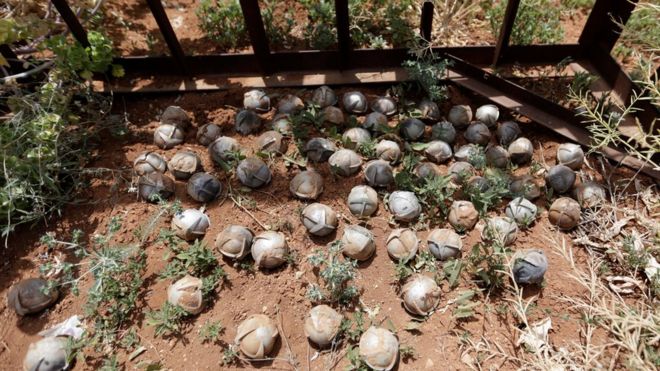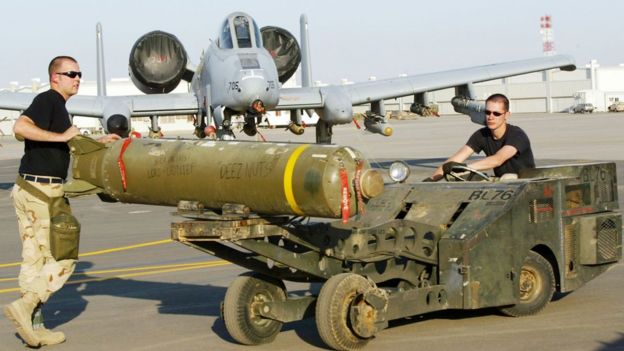Disir
Platinum Member
- Sep 30, 2011
- 28,003
- 9,610
- 910
A heads up this article want's action taken. I thought it was rather interesting because it is highlighting more trustworthy news from the NYT.
Action Alert: NYT Gives a False Pass to US on Cluster Bomb Sales
Action Alert: NYT Gives a False Pass to US on Cluster Bomb Sales




